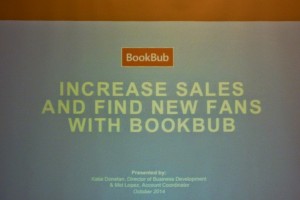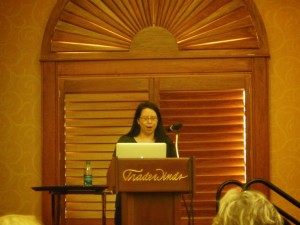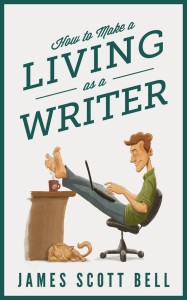 By Jodie Renner, editor & author @JodieRennerEd
By Jodie Renner, editor & author @JodieRennerEd
I often get contacted for editing by authors who have previously published a few novels, either on their own or through a small publisher with limited resources for editing. Their earlier works, while promising, were prematurely released and sales are slow, with few or mostly negative reviews.
These authors were often unaware at the time of any weaknesses in their books and just wanted to get them out there, perhaps on time for Christmas sales or for some other self-imposed time deadline. Many of these early works really needed an edit on some level: a major developmental edit for help with premise, plot, & structure; a content edit to address plot holes, inconsistencies, character motivations, point of view, etc.; a stylistic edit to address slow pacing, convoluted phrasing, too many author intrusions (backstory, info dumps, too much neutral description, telling instead of showing); or just a good clean-up of grammar and flow.
If those authors are serious about building a career as a respected novelist, leaving those books out there in the shape they’re in will only harm their reputation. And if they’re just out as eBooks on Amazon, it’s pretty easy to take them down and upload a revised, more polished version. I’ve done it several times with both of my books – quick and painless, really. Amazon doesn’t seem to care how many times I revise and re-upload the same title – I love the freedom! If you know basic formatting (here’s a how-to article on formatting your manuscript), you can make the changes pretty quickly and get the e-book back up.
Here’s an example of an email, typical of many I’ve received:
“Jodie, I have now read both of your books and your articles on point of view. Fantastic material. All of your comments and recommendations now make sense. With that foundation, I realize what an amateur job my first novel was. Maybe someday we can revisit and do major surgery or a lobotomy on [title of book].”
James Scott Bell has spoken here on TKZ about the need for “a long tail” – a backlist of other attractive titles by you that readers can choose from if they happen on one of your books for the first time and enjoy it. That’s the way to keep the royalties rolling in over the long term.
But of course this means all your titles need to be strong, of high quality. What if your earlier books are nowhere near the quality of recent ones? What if your worst, most amateurish production is the first one of your books someone reads? Do you think they’ll look for any more by you? Worse, they could write a nasty review saying they won’t waste their time with any more of your books. So you could also think of the “long tail” as a chain connecting readers to you. You don’t want any weak links to break that chain!
I’ve confidentially advised some authors, either my clients or not, to get one or more of their backlist titles cleaned up. Some agree and are grateful for the feedback, and others don’t seem to care, or even respond negatively. I don’t get that. If they’re getting bad reviews on Amazon for an early work and a professional editor suggests it would be a good idea to get it edited, why would they leave it up as it is? (And I’m not soliciting editing work here – I get way more requests for editing than I can handle.)
Some indie authors tell me they can’t afford to get their early books edited. I say you can’t afford not to, as those books are or could start dragging your reputation down and significantly reduce potential income. At the very least, If you’ve already (or since then) honed your fiction-writing skills by reading some great craft-of-writing books and/or attending writers’ workshops, here are three resources I recommend specifically for tips on revising fiction: James Scott Bell’s excellent Revision & Self-Editing, Elizabeth Lyon’s Manuscript Makeover, Jessica Page Morrell’s Thanks, But This Isn’t For Us, and my Style That Sizzles & Pacing for Power. All have very useful, concrete tips, with examples, for taking your fiction up a level or two and making your story more compelling. And if you’re struggling with making your first page zing, check out some of the great first-page critiques here on TKZ (links on side column). Then, after you’ve used the advice to revise your early book(s) yourself, be sure to follow it up with a low-cost or free final proofread for typos, grammar, and punctuation.
If the process of going back and revising a whole book feels overwhelming, here’s a great step-by-step plan of action for revision and self-editing. If you don’t have the time or inclination to do that right now, consider pulling any prematurely published early books out of circulation and resubmitting them later when you’ve had time to get them cleaned up or do it yourself. Don’t leave amateurish books out there where they can start collecting critical reviews and tarnish your name as a talented author. Or, if your muse just took a vacation on your WIP, take a break and use the time to revise an earlier novel.
Here’s what A.D. Starrling said in a recent comment (Oct. 22) here on TKZ:
“I have done a revised edition of Book 1 while simultaneously writing Book 3 (I know, one should really STOP rewriting once the darn thing is published, but the feedback for Book 2 was so good, I just had to bring Book 1 up to that level!).”
So my advice, as a freelance professional in the business of helping authors turn good stories into stellar ones that garner great reviews, is to take the time to make sure that at least the weakest links in the chain of your backlist are brought up to your current standards. Of course, I’m mainly talking about eBooks and self-published books here, which are so much easier to revise and republish.
Writers – what do you think? What if one of your early titles received a bunch of negative reviews on Amazon? Would you consider taking it down and revising it, then getting it edited by a professional, then republishing? Then you could always consider changing the title so you can lose the old, negative reviews.
What do the rest of you think of this?
See James Scott Bell’s excellent related post here on TKZ yesterday: Facing Down the Harsh Realities of Publishing.
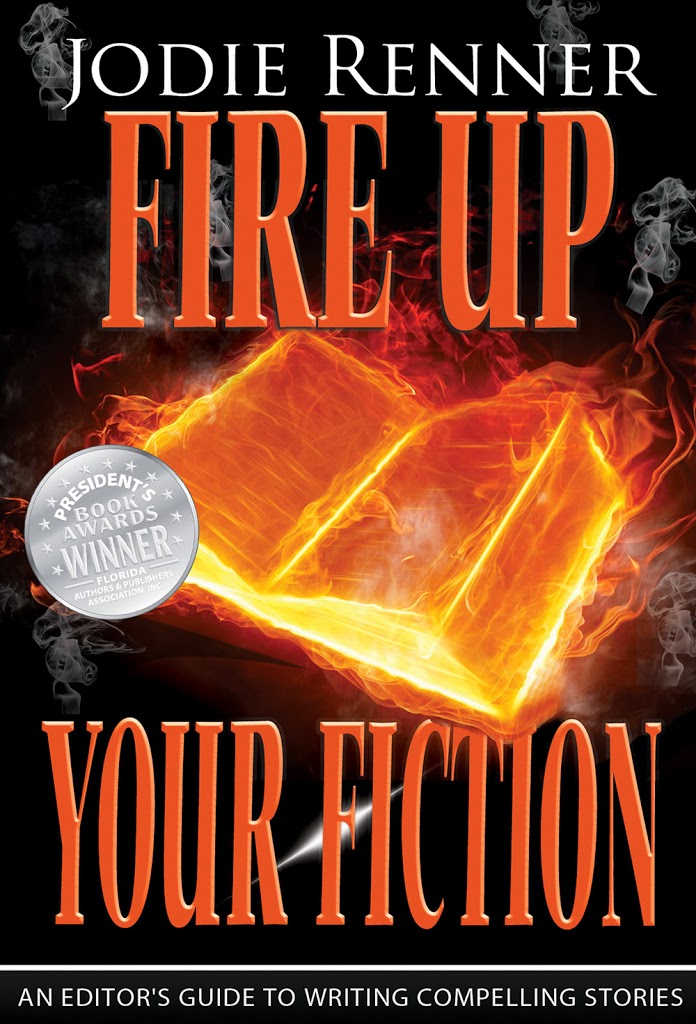
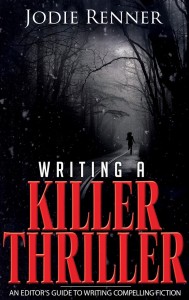
Jodie Renner is a freelance fiction editor and the award-winning author of three craft-of-writing guides in her series An Editor’s Guide to Writing Compelling Fiction: Captivate Your Readers, Fire up Your Fiction, and Writing a Killer Thriller. She has also published two clickable time-saving e-resources to date: Quick Clicks: Spelling List and Quick Clicks: Word Usage. You can find Jodie at www.JodieRenner.com, www.JodieRennerEditing.com, her blog, http://jodierennerediting.blogspot.com/, and on Facebook, Twitter, and Google+.




